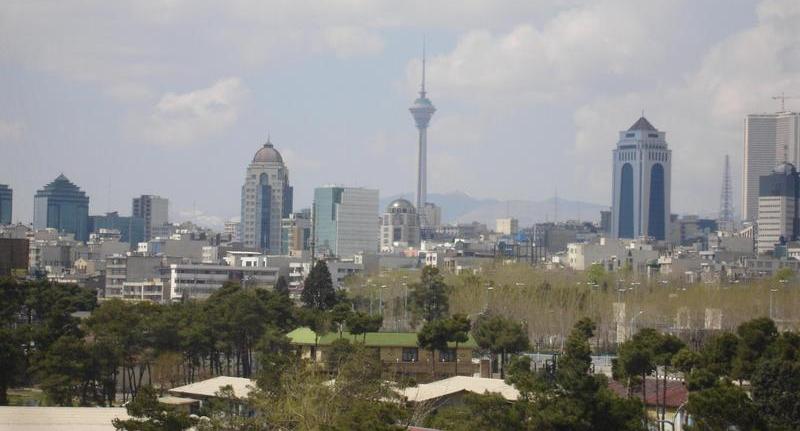A precarious calm has descended over Tehran after twenty-four hours of unprecedented Israeli bombardment, with a fragile ceasefire brokered by the United States taking effect on Tuesday morning. According to a new report from the French newspaper Le Monde, explosions and anti-aircraft fire ceased around 4 a.m. local time, though Iran conducted a final volley of retaliatory missile strikes in a last show of force. The cessation of hostilities follows a dramatic twelve-day conflict that saw direct military exchanges between the two regional powers, culminating in a devastating assault on the Iranian capital that targeted key government and security installations, including the notorious Evin Prison, home to numerous political detainees.
The breakthrough was announced by former U.S. President Donald Trump, who declared on his Truth Social network that a "complete ceasefire" had been reached between the two parties. This diplomatic flurry was reportedly initiated after Iran launched a retaliatory strike on the Al-Udeid air base in Qatar. Following the attack, President Trump engaged with Qatar's Emir, securing a commitment from Israel to halt its offensive and urging Qatar to persuade Iran to reciprocate. The subsequent negotiations, coordinated by U.S. Vice President J.D. Vance and the Qatari Prime Minister, proved successful.
For its part, the Israeli government announced that its military operation, codenamed "Rising Lion," had achieved all its objectives. An official statement claimed Israel had eliminated an "existential nuclear and ballistic threat," established air superiority over Tehran, and struck significant blows against Iran's military leadership and governmental infrastructure. Defence Minister Yoav Gallant had earlier broadcast Israel's intent to strike "with unprecedented power," specifically naming the headquarters of the Basij militia and Evin Prison as targets.
Before the ceasefire, Iran's Supreme Leader, Ali Khamenei, remained defiant, stating, "We have not attacked anyone, and we will not accept any aggression." However, Iranian Foreign Minister Abbas Araghtchi later confirmed that military operations had concluded at the 4 a.m. deadline.
The human cost of the final 24 hours of conflict is beginning to emerge, particularly concerning the attack on Evin Prison. Reports from inside the facility suggest significant casualties among military conscripts, prison staff, and inmates. A source indicated that the ceiling of the section holding female political prisoners had collapsed and that the infirmary was damaged. The fate of dozens of political prisoners, including European nationals, caused international alarm. The French Foreign Ministry denounced an "unacceptable endangerment" of two of its citizens held there, Cécile Kohler and Jacques Paris, and demanded their immediate release. However, initial information suggested they were unharmed. As Tehran surveys the damage, the durability of this hard-won peace remains profoundly uncertain.
Photo: Tehran, Wikimedia Commons
